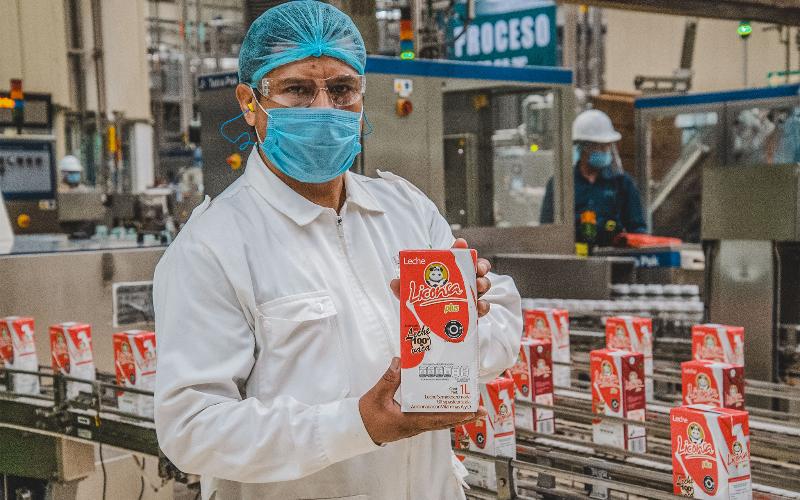Tepatitlán Leads Mexico in Dairy Production: 379 Million Liters Annually
Sourse: mx.edairynews.com
Tepatitlán, a region in Jalisco, Mexico, dominates the nation's dairy industry by producing 379 million liters of milk annually, accounting for 14.4% of the state's output and leveraging cutting-edge technology.

Tepatitlán de Morelos, located in the Altos Sur region of Jalisco, Mexico, has established itself as the country's leading milk-producing locality, reaching an impressive 379 million liters annually in 2025. This figure represents 14.4% of Jalisco's total dairy production. The municipality's success is attributed to the fusion of traditional livestock practices with technological innovations. Producers in Tepatitlán have embraced advanced practices such as robotic milking systems, genetic improvements, and certified sanitary protocols to consistently maintain high-quality standards.
However, the regional industry faces challenges from climate variability and rising input costs. Local strategies, developed in collaboration with academic institutions, focus on sustainable management and forage production to combat these threats. Beyond economics, Tepatitlán holds cultural significance. Events like the Expo Ganadera Tepatitlán and Feria Tepabril highlight the area's agricultural wealth and foster opportunities in the dairy sector nationally and internationally. The region serves as a model for rural development by integrating family-run farms and multinational processing plants into a cohesive, vertically integrated supply chain.
However, the regional industry faces challenges from climate variability and rising input costs. Local strategies, developed in collaboration with academic institutions, focus on sustainable management and forage production to combat these threats. Beyond economics, Tepatitlán holds cultural significance. Events like the Expo Ganadera Tepatitlán and Feria Tepabril highlight the area's agricultural wealth and foster opportunities in the dairy sector nationally and internationally. The region serves as a model for rural development by integrating family-run farms and multinational processing plants into a cohesive, vertically integrated supply chain.
Key News of the Week










